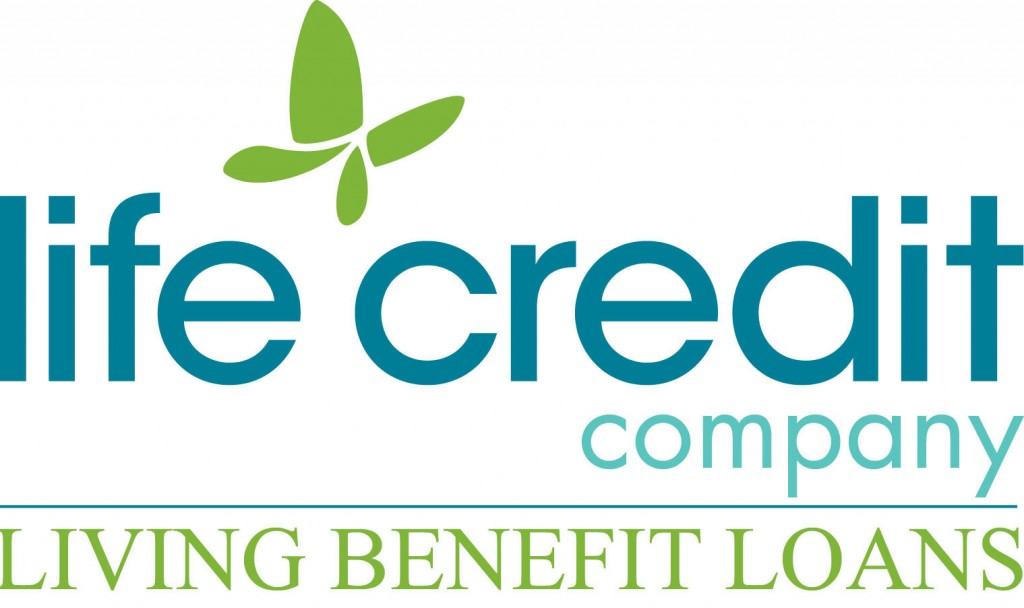You may have even more motivation to put down that candy bar, other than your New Year resolution.
A new study recently found a link between sugar consumption and cancer risk. According to researchers at University of Texas MD Anderson Cancer Center, diets rich in sucrose and fructose — present in many commonly eaten foods — can cause tumor growth.
The report is making waves, most importantly because it is groundbreaking research that can be used to help cancer patients.
What Does the Study Say?
This was the first study of its kind that directly evaluated sugar-intake levels on cancer growth. The researchers used mice to test their hypothesis, separating them into four groups, each which received a different diet over six months. Of the mice that had the highest amount of sugar consumption in their diet, between 50-58 percent had developed mammary tumors after a half-year, compared to 30 percent of the mice whose diet was richer in non-sugars.
According to the study, which was published Jan. 4 in Cancer Research, excess sugar appears to fuel growth of the enzyme 12-LOX and fatty acid 12-HETE in cancer cells. Additionally, when too much sugar is ingested, the liver processes it to fat, and fat buildup in the body can also elevate someone’s risk for cancer. The researchers found sugar to be especially linked to breast and lung cancers.
How Does this Study Help Cancer Patients?
Now that this preliminary data is available, many are wondering how it can be used for cancer prevention, and also to help cancer patients. First, researchers say the study is further proof that overloading on sugar can have harmful consequences. Sugar is unavoidable — and a necessary part of our diet — but Americans typically consume sugar at unhealthy levels.
The recently released 2015-2020 Dietary Guidelines for Americans recommends that sugar should make up no more than 10 percent of our daily calories — which equals about 12 teaspoons, or less than one can of Coca-Cola. But, that suggestion may be tough for many Americans, who, on average, spend more than 13 percent of their daily calories on sugar. In addition to promoting cancer prevention, limiting sugar can be found to have a number of other health benefits. “If Americans ate according to that advice, it would be a huge win for the public’s health,” Michael F. Jacobson, president of the Center for Science in the Public Interest told Reuters about the Dietary Guidelines recommendation.
In addition to prevention, this latest research could also be used to help cancer patients. Researcher Lorenzo Cohen, one of the study’s authors, told NBC News that cancer patients should pay attention to their diet, even after a diagnosis. “A lot of patients are told it doesn’t matter what you eat after you are diagnosed with cancer,” he said. “This preliminary animal research suggests that it does matter.”
Cohen explained that most cancer patients who succumb to the disease die because the cancer spread, not because of the primary tumor — so cutting down on sugar could reduce the risk of the cancer spreading.
This research is a great first step to help cancer patients live longer and stronger, as well as healthier and happier, which is a goal of ours at Life Credit, where our loans and financial assistance make each day after a cancer diagnosis a little bit easier.



Recent Comments